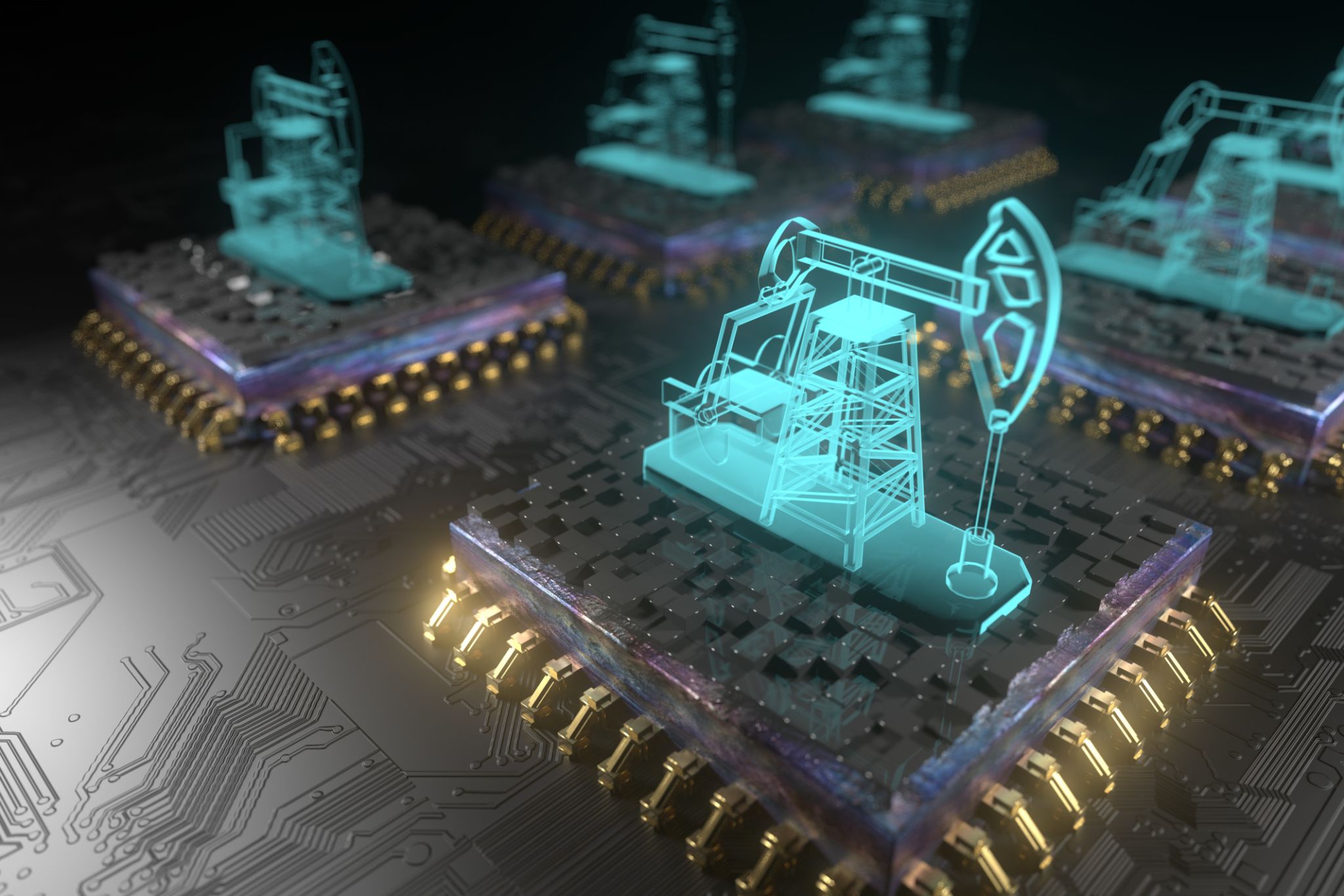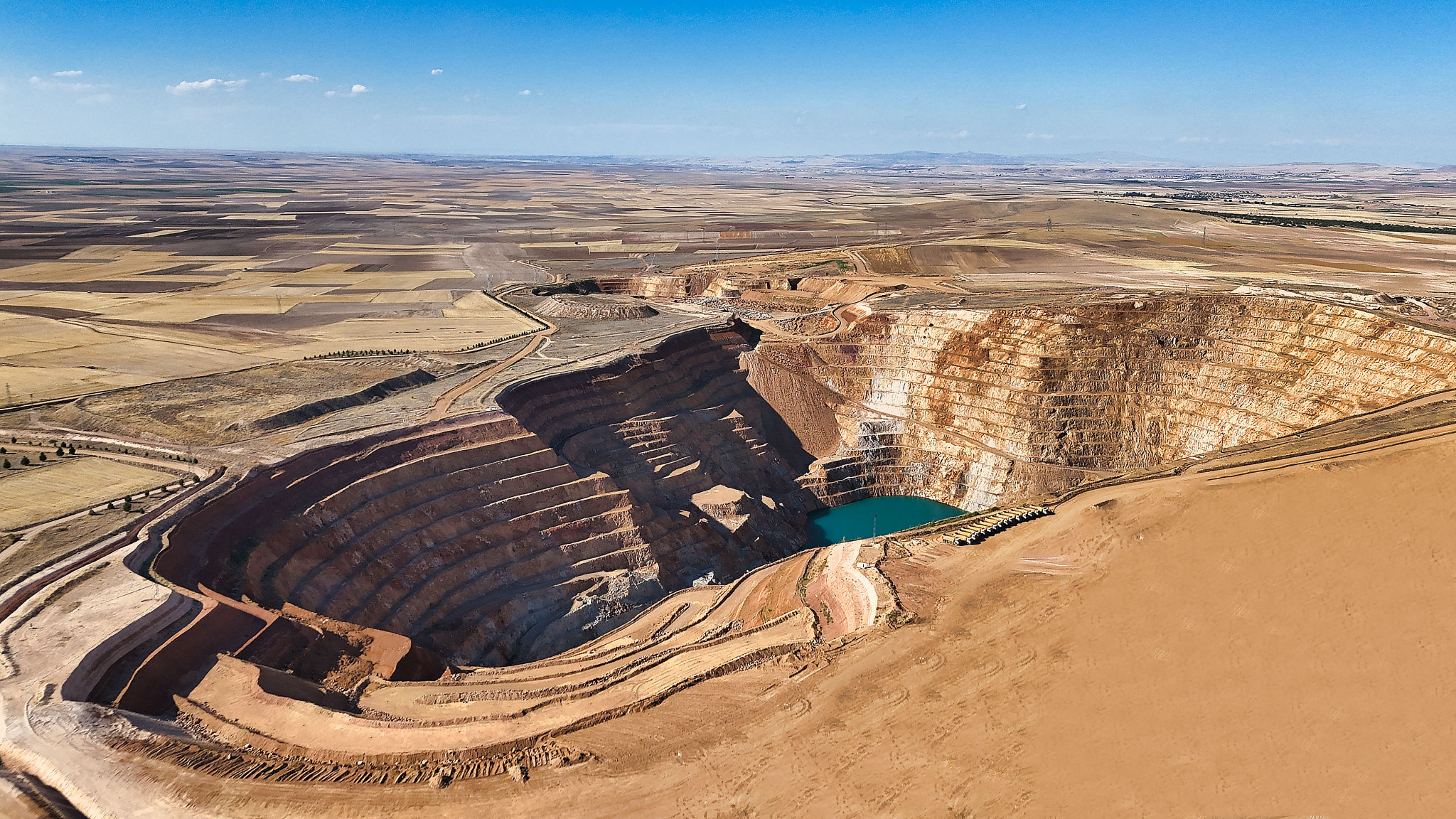Maximizing Efficiency in Crypto Mining: Essential Tips for Beginners
Understanding the Basics of Crypto Mining
In the ever-evolving world of cryptocurrency, mining plays a crucial role in validating transactions and securing networks. For beginners looking to dive into crypto mining, it's essential to grasp the basics. At its core, mining involves solving complex mathematical problems to add new blocks to a blockchain. While this might sound technical, understanding the fundamentals can significantly enhance your efficiency.
Before you start, familiarize yourself with key terms such as hash rate, proof of work, and mining pools. The hash rate refers to the speed at which your mining hardware can solve these equations, while proof of work is the consensus algorithm used by many cryptocurrencies. Joining a mining pool can also increase your chances of successfully mining a block by combining resources with other miners.

Choosing the Right Hardware
One of the most critical decisions you'll make as a beginner is selecting the right hardware. The efficiency of your mining operation largely depends on your equipment. Generally, miners choose between CPUs, GPUs, or ASICs. Each option has its pros and cons depending on the cryptocurrency you wish to mine.
CPUs are often the most accessible but provide lower hash rates. On the other hand, GPUs offer a better balance between cost and performance, making them popular for mining coins like Ethereum. ASICs, however, are specialized devices that offer high performance for specific cryptocurrencies but often come at a higher price point.
Evaluating Power Consumption
Power consumption is a key factor in determining your mining operation's profitability. High-performing equipment often consumes more electricity, which can significantly impact your costs. Therefore, it's crucial to calculate the energy efficiency of your hardware by measuring the hash rate per watt. This will help you select equipment that maximizes output while minimizing energy costs.

Optimizing Mining Software
Your choice of mining software can also influence efficiency. Many software options are available, each offering different features and optimizations. Look for software that provides a user-friendly interface and supports a wide range of algorithms. Regularly updating your software can help improve performance and security.
Moreover, some software allows for overclocking, which can boost your hardware's performance. However, be cautious with overclocking as it can lead to increased power consumption and potential overheating issues. Always monitor temperature levels and consider investing in adequate cooling solutions.
Joining a Mining Pool
Mining solo can be challenging due to increasing competition and difficulty levels. Joining a mining pool can improve your chances of earning rewards by combining efforts with other miners. When selecting a pool, consider factors such as pool fees, payout threshold, and reputation. A reliable pool can enhance your mining experience and revenue.

Staying Informed and Adapting
The cryptocurrency landscape is dynamic, with constant technological advancements and market fluctuations. Staying informed about industry trends is vital for maximizing efficiency in crypto mining. Follow reputable sources, participate in online forums, and engage with the crypto community to keep up-to-date with new developments.
Being adaptable is equally important. As new technologies emerge or market conditions change, be prepared to adjust your strategies accordingly. Whether it's upgrading hardware or switching to different cryptocurrencies, flexibility can help sustain profitability in the long run.